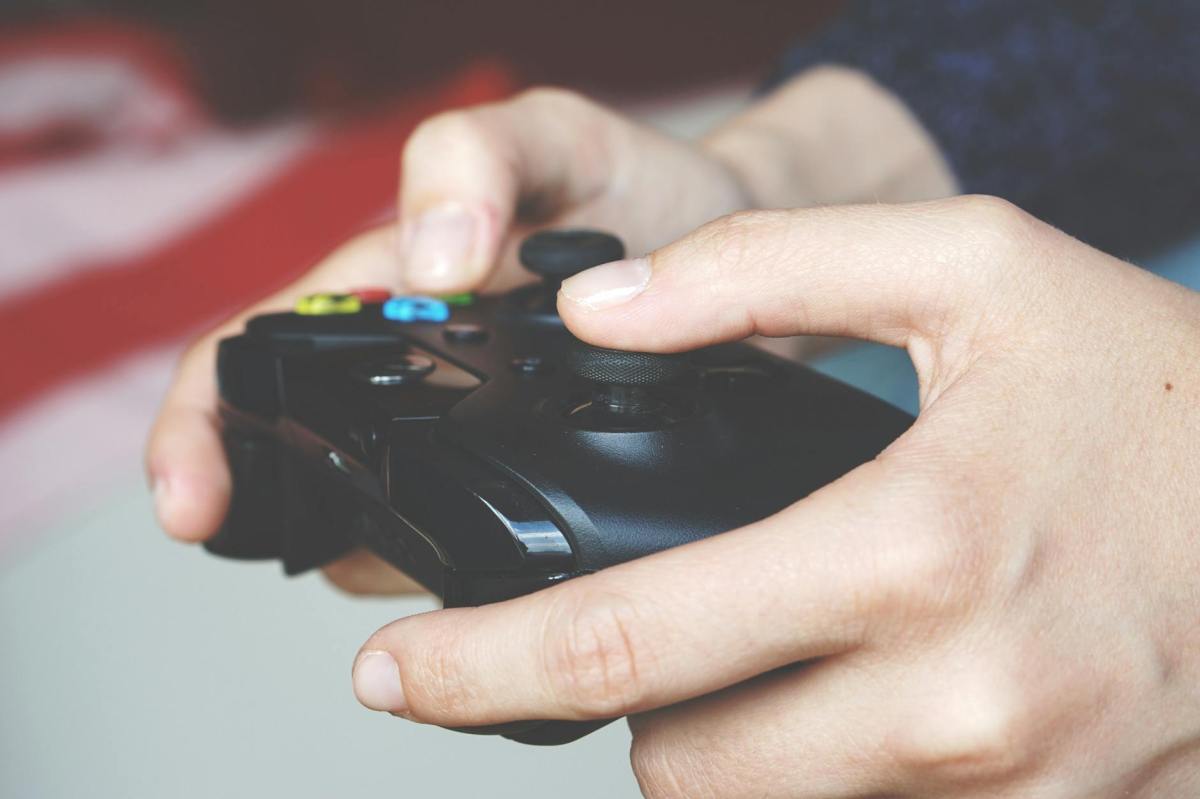From what began in 1972 as a minimal university competition with an annual subscription to Rolling Stone magazine as a prize to the present day, the history of eSports has evolved enormously.
In fact, eSports competition has become a profession that, in some cases, like traditional sports, can achieve high levels of recognition and remuneration.
The enormous present and future potential of eSports can be seen in Statista’s calculations: video game competitions could be worth more than 2.2 billion dollars worldwide by 2025, a figure that would rise to 4.7 billion dollars five years later.
Indeed, eSports has organised leagues, global events, millions of fans and, of course, professional players.
But what does it take to become a gamer?
How to become a professional eSports player
In this interesting report from the Movistar blog, different experts give us some tips on professionalism in eSports.
Passion and skill, the key to becoming a gamer
Among the many possibilities that can lead someone to want to dedicate themselves professionally to eSports, there are two requirements that are essential: that you are good at it and that you like it.
Without this skill and passion, it is difficult for someone to become a professional gamer.
The training process of players does not happen overnight, and in the case that this (as is often the case) occurs in adolescence, family guardianship, as in traditional sports, is of special relevance.
Short sporting life
The fact that the sporting life of the eSports professional, in general terms, ends even earlier than that of traditional sportsmen and women, increases the relevance of having other professional prospects once the player’s career has come to an end.
A plan B that may involve continuing to be linked to this world, but from other positions such as coaches or other tasks linked to the field of sports consultancy or management.
Advice on how to become a gamer
Without losing sight of the above considerations, we can point out a series of tips for becoming a professional gamer:
- Suitable equipment. From a purely physical perspective, both the part most directly related to the game itself (such as the computer, keyboard, mouse, monitor or screen) as well as the most comfortable chair possible and other accessories are important in order to be able to play in optimal conditions.
- Know your game. Although it may seem obvious, focusing on one or two games rather than many can increase the level of specialisation and thus increase competitive performance.
- Learn from the experts. Analysing the skills, tactics and strategies of those who are already professionals in general and the best in particular can also be a step towards increasing your skills and competencies in the game.
- Keep up to date with the industry. Keeping up to date with industry news and following events and tournaments, meeting teams and players, finding out what new sponsors are entering the sport structures or keeping up to date with new ones can also help.
- Participate in competitions. Competing with other players helps to develop skills, improve your game and even create a community, meeting new people to practice with and improve your game performance.
“Mopoz”, from Movistar KOI, talks about his experience
Alejandro “Mopoz” Fernández-Quejo, a player on Movistar KOI’s Counter-Srike 2 team, explains that he has often wondered how he went from being an amateur to a professional player and when video games became his profession.
“For me, that change happened when I started to receive my first income. It doesn’t mean that you get that income and you’re a professional, but that you’re on the right track. How you perform both on a media level and on a competitive level is crucial and keeping in mind that you have to invest your time and earnings in your own career is a very important point in your professional development.”
This is how the CS2 player sums up his experience, although he clarifies that “as in any other sector of competition, there is only a small percentage of people who aspire to be able to make a living from it and succeed” in a profession that “requires a lot of commitment and time invested”.
Not neglecting academic life
A parallel could also be made with respect to traditional sports in terms of not abandoning academic life, a recommendation that is also common for those who at an early age begin to excel in football, basketball or cycling.
“Mopoz explains that not neglecting academic life is interesting for two reasons, “both because it helps you to mature and expand your knowledge which, believe it or not, is applicable to eSports and competition, and because of the need to have a ‘plan B’, in case you don’t become a professional, or to have additional opportunities in the future”.
In addition to these issues, the Movistar KOI player also explains that, although the “sweet” part of the competition may be more visible, there is also pressure and sacrifice behind it in order to achieve the dream of becoming a professional.
